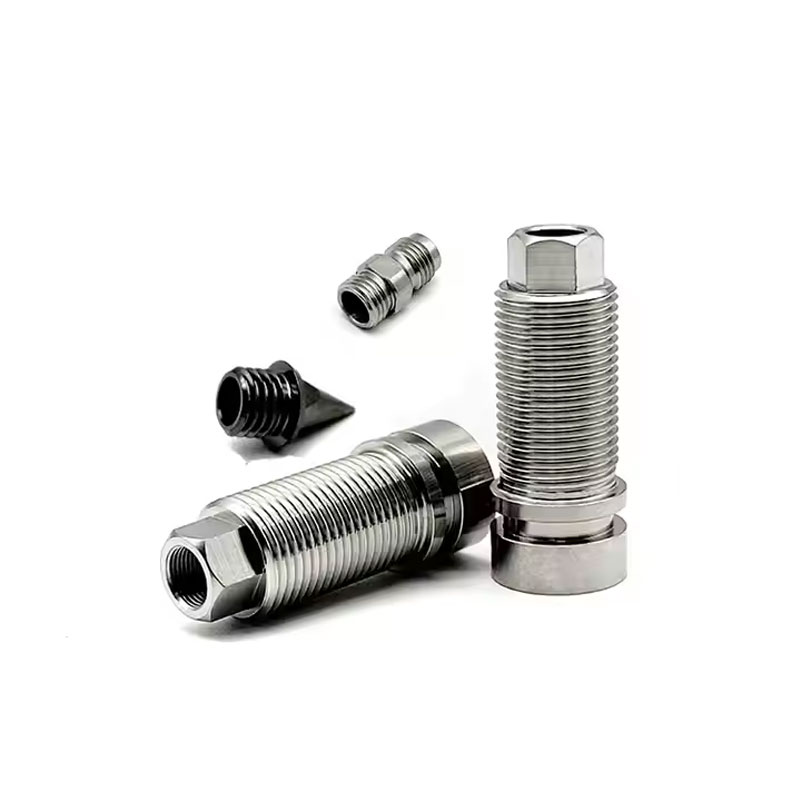Understanding the Stainless Steel Cold Forging Process: How Does It Enhance Component Strength?
2025-02-10
Cold forging is a sophisticated metal-forming technique that shapes stainless steel components without the need for extreme heat. Unlike traditional forging methods, which rely on high temperatures to manipulate metal, cold forging applies compressive force at room temperature to achieve precision and strength. This process is widely used across various industries due to its ability to enhance mechanical properties while optimizing cost and efficiency.
How Cold Forging Improves Strength and Durability
The cold forging process strengthens stainless steel components by refining their internal grain structure. This results in higher tensile strength, increased resistance to fatigue, and improved overall durability. Because the metal is not exposed to excessive heat, it retains its original chemical composition, reducing the risk of oxidation or unwanted structural changes. The end result is a part with superior toughness and longevity, making it ideal for applications requiring high performance under stress.
Advantages of Stainless Steel Cold Forging
1. Exceptional Precision and Surface Quality
Cold forging enables the production of near-net-shape parts, minimizing the need for additional machining or finishing processes. This results in smoother surfaces and tighter tolerances, reducing material waste and production time.
2. Cost and Energy Efficiency
Compared to hot forging or casting, cold forging consumes significantly less energy since it eliminates the need for extreme heating. This translates into lower production costs and a more environmentally friendly manufacturing process.
3. Superior Material Utilization
Cold forging maximizes material efficiency by reducing scrap and excess material loss. The process ensures that almost all of the raw material is utilized in forming the final product, making it a sustainable choice for large-scale production.
4. Enhanced Mechanical Properties
Stainless steel parts manufactured through cold forging exhibit improved hardness, wear resistance, and impact strength. This makes them highly reliable for critical applications such as automotive and aerospace engineering.
Applications of Stainless Steel Cold Forged Parts
- Automotive Industry – Used in structural components, engine parts, and fasteners to enhance vehicle performance.
- Aerospace Engineering – Ensures durability in high-stress environments for aircraft components.
- Medical and Surgical Equipment – Provides precision and corrosion resistance for tools and implants.
- Consumer Electronics – Used in the production of small but high-precision parts such as connectors and casings.
Stainless steel cold forging is a transformative manufacturing method that offers numerous benefits, including increased strength, improved efficiency, and reduced costs. As industries continue to demand high-quality components with superior performance, this process will remain a cornerstone of modern metal fabrication.



